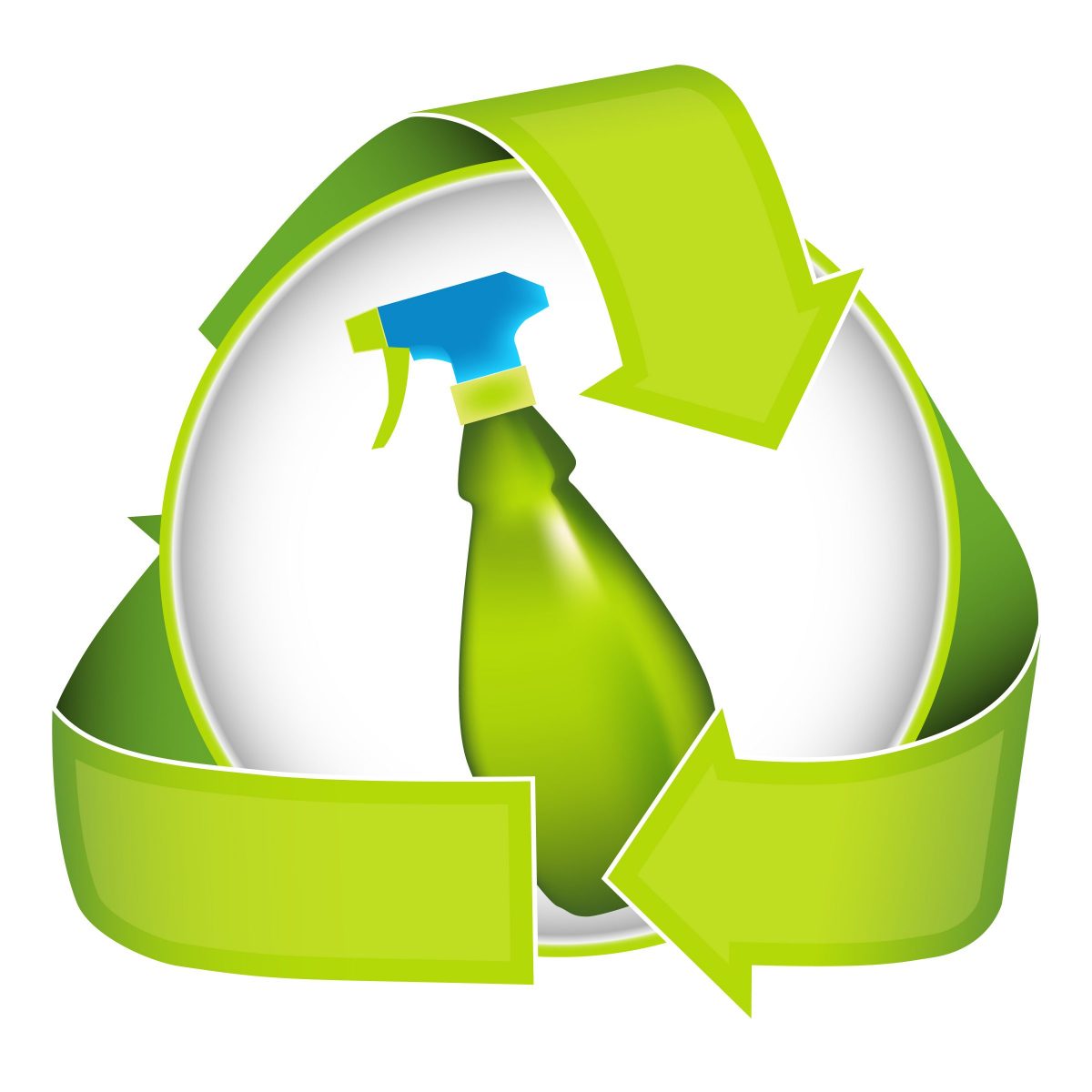For many companies and organizations that depend on chemical solvents for business-critical cleaning operations, the desire to use less chemical solvents while maintaining cleaning standards is a primary goal for two reasons: reducing the cost of solvent and improving the safety of solvent use for workers and the environment. If you wish to use less chemical solvents for these reasons, below are four effective ways to go about achieving the goal.
- Use Organic Replacement Cleaners
The impact of the green movement on the industrial cleaner industry has motivated the creation of safe, organic cleaning solvents that are as powerful as the hazardous chemical solvents they’re designed to replace. Substituting organic cleaners for chemical cleaners is one of the easiest ways to use less chemical solvents while maintaining cleaning standards.
When you shop for organic replacement cleaners, remember that just because a cleaner is “organic” doesn’t mean it’s safe. For safety’s sake, focus on identifying organic solutions that contain little to no volatile organic compounds (VOCs) that negatively affect human health.
- Participate in Solvent Recycling
Even if you decide not to replace your chemical solvents, you can reduce your need to purchase them by recycling them. For example, high boiling solvents can be recycled by using them in a parts washer that applies a full vacuum to the cleaning chamber to draw solvent vapor into a condenser unit, where it condenses into liquid solvent that can be reused. Over time, solvent recycling can significantly reduce how much you spend on a cleaning solvent.
- Purchase Concentrated Solvents
Another way to reduce solvent expense is purchasing chemical solvents in concentrated form. Concentrated solvent can be diluted until it attains the precise degree of cleaning power you need for specific cleaning operations. If you purchase a solvent in pre-diluted form, you may be using the cleaner in a formulation that delivers more power than you really need. Carefully diluting concentrated cleaner is another viable option for using less chemical solvents.
- Review Whether Chemicals are Needed
Some companies and organizations adopt the practice of using chemical solvents for practically all cleaning operations — even ones that don’t necessarily require the use of strong chemicals. For example, removing light accumulations of dirt and grease from work surfaces can often be accomplished with the use of an over-the-counter (OTC), safe organic cleaner. So, why use industrial grade cleaning solvents for applications for which they simply aren’t necessary?
How Ecolink Can Help
If one of your company or organization’s resolutions is to use less chemical solvents, Ecolink can support the goal by providing organically formulated solvents that are chemical-free. We can also supply you with chemical a solvent that may be perfect for recycling when it’s used in a parts washer, and reveal helpful strategies for using less chemicals without replacing them.
To inquire about our organic replacement cleaners and/or receive professional advice on minimizing the use chemical solvents you don’t plan to replace, please call us today at (800) 563-1305, or use our contact page. We look forward to helping you use less chemical solvents.















